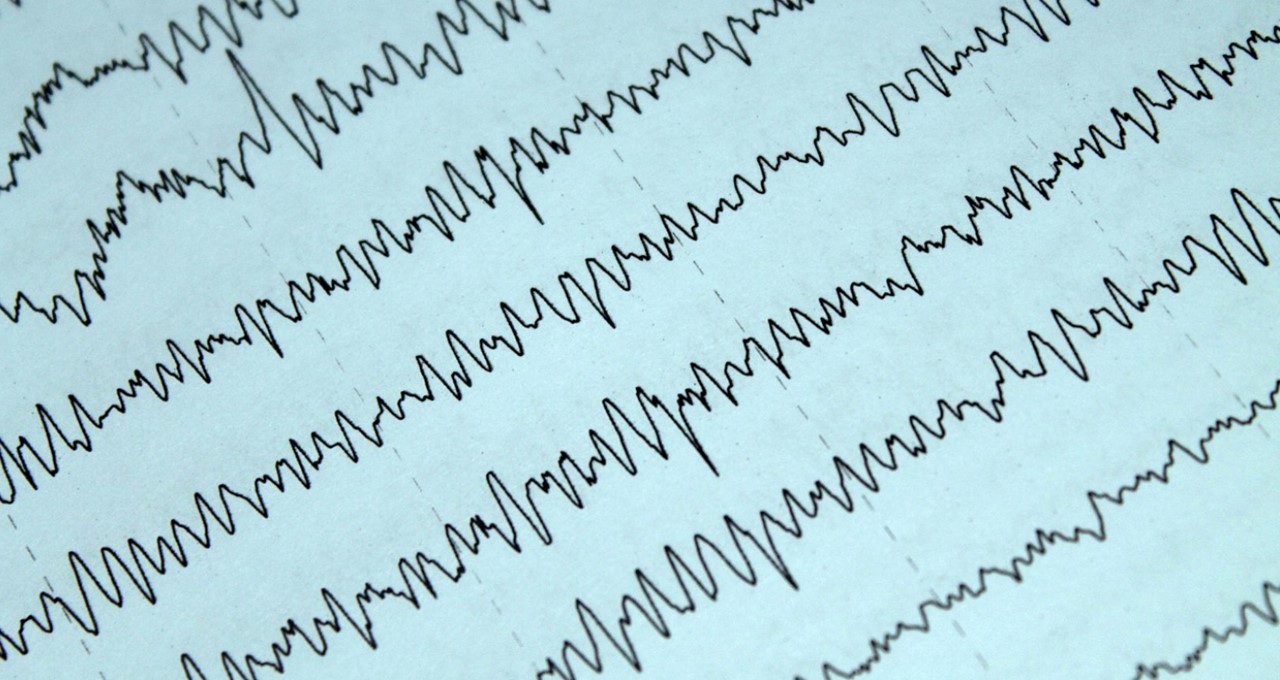
Detecting delirium isn’t simple, however it could actually have an enormous payoff: rushing important care to sufferers, resulting in faster and surer restoration.
Improved detection additionally reduces the necessity for long-term expert care, enhancing the standard of life for sufferers whereas reducing a significant monetary burden. Within the U.S., caring for these affected by delirium prices as much as $64,000 a 12 months per affected person, in keeping with the Nationwide Institutes of Well being.
In a paper revealed final month in Nature, researchers describe how they used a deep studying mannequin known as Imaginative and prescient Transformer, accelerated by NVIDIA GPUs, alongside a rapid-response electroencephalogram, or EEG, machine to detect delirium in critically unwell older adults.
The paper, known as “Supervised deep studying with imaginative and prescient transformer predicts delirium utilizing restricted lead EEG,” is authored by Malissa Mulkey of the College of South Carolina, Huyunting Huang of Purdue College, Thomas Albanese and Sunghan Kim of the College of East Carolina, and Baijian Yang of Purdue.
Their revolutionary strategy achieved a testing accuracy charge of 97%, promising a possible breakthrough in forecasting dementia. And by harnessing AI and EEGs, the researchers may objectively consider prevention and remedy strategies, main to raised care.
This spectacular result’s due partly to the accelerated efficiency of NVIDIA GPUs, enabling the researchers to perform their duties in half the time in comparison with CPUs.
Delirium impacts as much as 80% of critically unwell sufferers. But typical medical detection strategies determine fewer than 40% of instances — representing a major hole in affected person care. Presently, screening ICU sufferers includes a subjective bedside evaluation.
The introduction of handheld EEG units may make screening extra correct and inexpensive, however the lack of expert technicians and neurologists poses a problem.
Using AI, nevertheless, can remove the necessity for a neurologist to interpret findings and permit for the detection of modifications related to delirium roughly two days earlier than symptom onset, when sufferers are extra receptive to remedy. It additionally makes it attainable to make use of EEGs with minimal coaching.
The researchers utilized an AI mannequin known as ViT, initially created for pure language processing and accelerated by NVIDIA GPUs, to EEG information — providing a recent strategy to information interpretation.
Using a handheld rapid-response EEG machine, which doesn’t require giant EEG machines or specialised technicians, was one other noteworthy research discovering.
This sensible software, mixed with superior AI fashions for decoding the information they acquire, may streamline delirium screenings in important care models.
The analysis presents a promising methodology for delirium detection that would shorten hospital stays, enhance discharge charges, lower mortality charges and scale back the monetary burden related to delirium.
By integrating the facility of NVIDIA GPUs with revolutionary deep studying fashions and sensible medical units, this research underlines the transformative potential of expertise in enhancing affected person care.
As AI grows and develops, medical professionals are more and more prone to depend on it to forecast circumstances like dementia and intervene early, revolutionizing the way forward for important care.
Learn the full paper.
